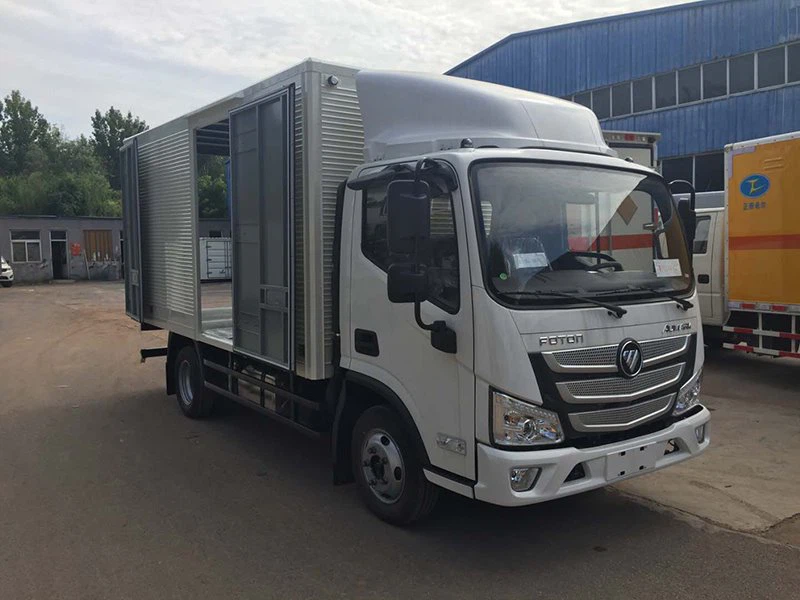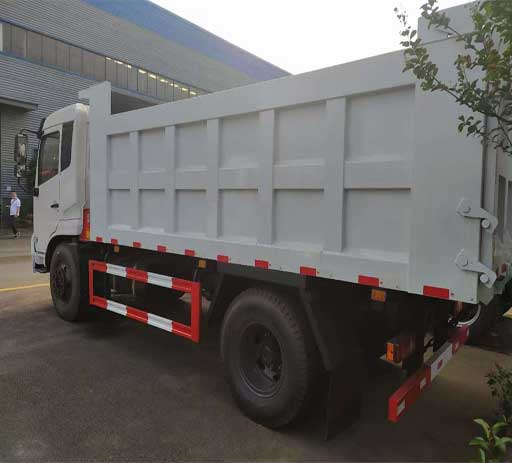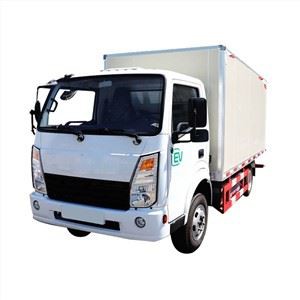Oil Lorry for Sale: A Comprehensive Guide to Buying and Owning an Oil Tanker

Introduction
In the world of commercial transportation, oil lorries, also known as oil tankers, play a crucial role in the delivery of petroleum products, such as gasoline, diesel, and lubricants. If you’re in the market for an oil lorry for sale, you may find yourself overwhelmed with options, specifications, and pricing. This article aims to provide you with a complete guide to understanding oil lorries, their features, the purchasing process, and ongoing maintenance tips to ensure your investment remains profitable.
What is an Oil Lorry?
An oil lorry is a specialized truck designed to transport liquid fuels and other hazardous materials. These trucks are equipped with large, robust tanks that can safely hold various liquids. The primary purpose of an oil lorry is to deliver fuel from refineries or storage terminals to retail outlets, industrial plants, and other businesses that require fuel supply.
Types of Oil Lorries
Understanding the types of oil lorries available will help you choose the right one for your needs:
- Vacuum Tankers: Used for suctioning and transporting liquids, often for waste disposal.
- Bitumen Tankers: Designed specifically for transporting bitumen, commonly needed in road construction.
- Fuel Tankers: Usually fitted with multiple compartments to carry different types of fuel simultaneously.
- Fuel Dispensers: Lorries equipped with pumps and dispensing nozzles for direct fuel transfer.
Key Features to Look for When Buying an Oil Lorry
Tank Capacity
The tank capacity of an oil lorry determines how much fuel it can transport in one trip. Common capacities range from 2,500 to 12,000 liters. Consider your operational needs when choosing the size.
Material of the Tank
Oil lorries are typically made from either aluminum or steel. Aluminum tanks are lighter and resistant to corrosion, while steel offers durability and strength. Choose the material based on your specific transportation requirements.
Safety Features
Safety should be a priority when purchasing an oil lorry. Look for features such as:
- Emergency shut-off valves
- Overfill protection systems
- Fire extinguishers
- Anti-rolling system for stability
Compliance with Regulations
Ensure that the oil lorry conforms to local and international regulations. These requirements may include environmental standards, weight limits, and licensing for hazardous material transport.
Buying an Oil Lorry: Steps to Consider
Assess Your Needs
Identify your specific needs such as the type of fluids to be transported, volume required, and frequency of runs. This will help narrow down your options.
Searching for an Oil Lorry for Sale

Begin your search online, in marketplaces, and through dealers that specialize in commercial vehicles. Local advertisements and auctions can also be fruitful options.

Inspecting the Lorry
Before making a purchase, conduct a thorough inspection of the vehicle:
- Check the condition of the tank for signs of corrosion or damage.
- Inspect the valves, pumps, and hoses for leaks.
- Review maintenance records and previous service history.
Negotiating the Price
Once you have identified a potential lorry, don’t hesitate to negotiate the price. Use your research on similar models to ensure a fair deal.
Documentation and Paperwork
Ensure that all necessary documentation is handled, including title transfers, compliance certificates, and any warranties available.
Maintenance Tips for Your Oil Lorry
Routine Inspections
Regularly inspect your oil lorry for any signs of wear and tear, focusing on key components like hoses, valves, and tanks. This can prevent costly repairs down the line.
Cleaning and Hygiene
Keep the interior and exterior of your oil lorry clean to avoid contamination and maintain its resale value. Regular washing can prevent rust and deterioration of paintwork.
Engine Maintenance
Follow the manufacturer’s recommendations for engine servicing, including oil changes, filter replacements, and overall system checks.
Regulatory Compliance
Stay up to date with local regulations regarding the transportation of hazardous materials. Regularly check that your oil lorry’s certifications and permits remain valid.
Cost of Oil Lorries: What to Expect
The cost of an oil lorry can vary significantly based on factors such as:
- Age and condition
- Capacity and specifications
- Brand and model
- Location and availability
Expect to pay anywhere from $20,000 to $150,000, depending on these variables.
Practical Examples of Oil Lorry Models and Their Specifications
| Model | Tank Capacity (liters) | Engine Type | Price Range |
|---|---|---|---|
| Freightliner M2 | 9,500 | Cummins ISB | $70,000 – $90,000 |
| Peterbilt 337 | 7,500 | Paccar PX-7 | $65,000 – $85,000 |
| Mack MRU | 11,000 | Mack MP8 | $80,000 – $120,000 |
| Kenworth T370 | 10,000 | Paccar PX-9 | $75,000 – $110,000 |
Frequently Asked Questions (FAQs)
What are the licensing requirements for driving an oil lorry?
A commercial driver’s license (CDL) with a hazardous materials endorsement is typically required to operate an oil lorry.
How do I ensure safety while operating an oil lorry?
Consistent training, adherence to safety protocols, and regular vehicle maintenance are key to ensuring safety while operating an oil lorry.
Can I purchase a used oil lorry? What should I consider?
Yes, used oil lorries are available. When considering one, check for maintenance records, the condition of the tank, and any damage signs.
What insurance do I need for an oil lorry?
Liability insurance is mandatory, while comprehensive and cargo insurance can provide additional protection depending on your operation’s nature.

How do I find a reputable dealer for oil lorries?
Research online, read reviews, and check for dealer certifications or memberships in industry associations.
What factors affect the resale value of an oil lorry?
Key factors include the lorry’s age, condition, mileage, tank capacity, and adherence to safety regulations.
